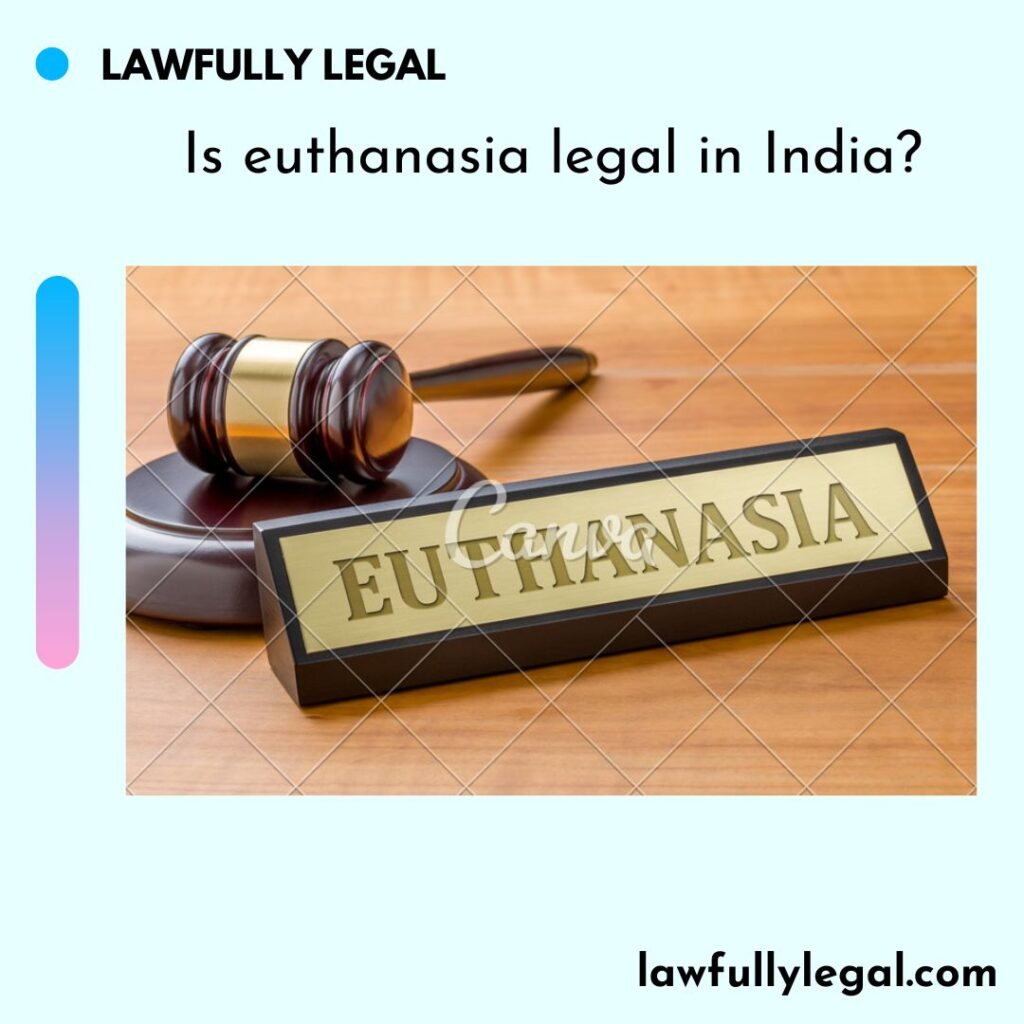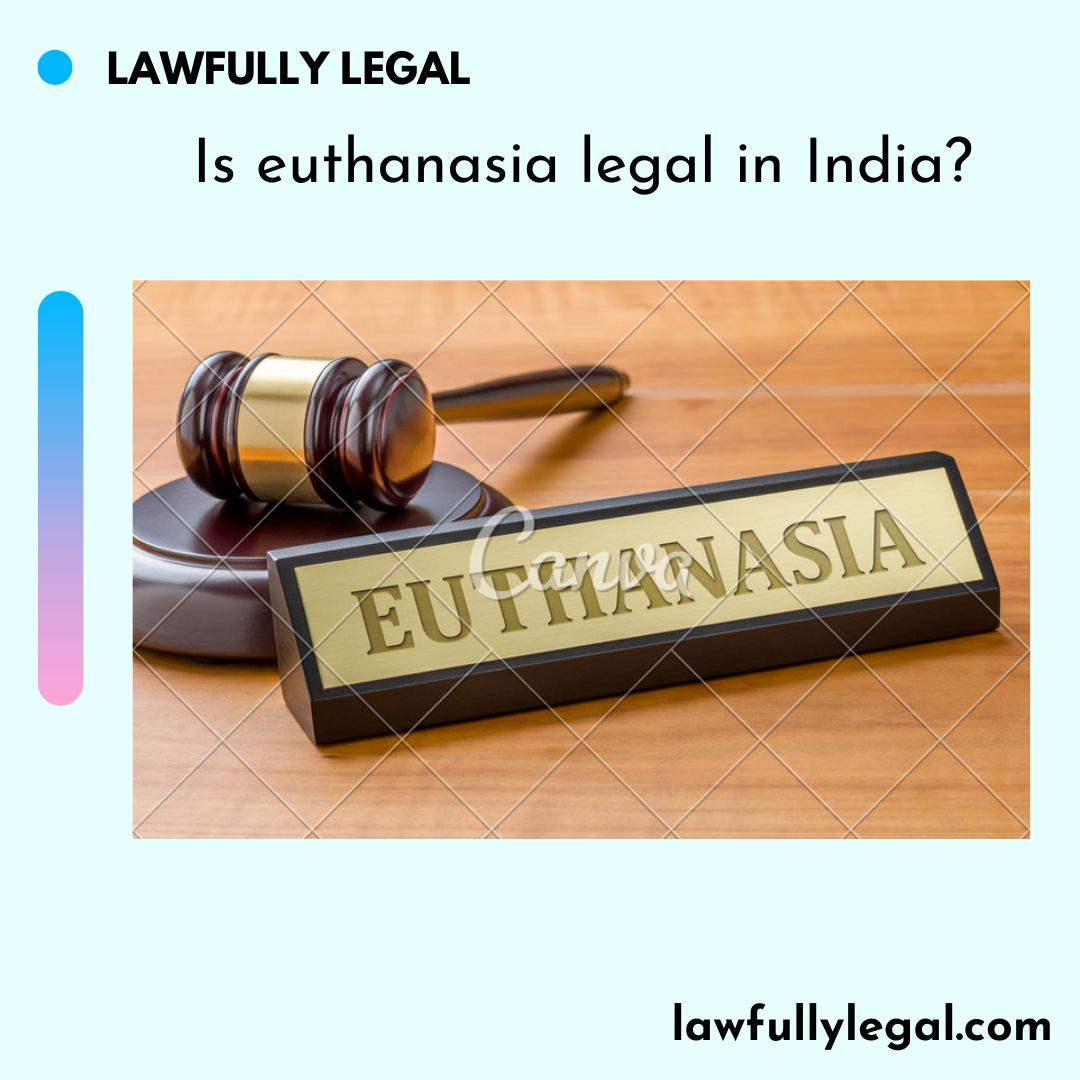
Euthanasia, also known as mercy killing, is not legal in India. It is considered a criminal offense under Section 306 and Section 309 of the Indian Penal Code, which prohibit abetment of suicide and attempt to commit suicide, respectively.
However, the issue of euthanasia has been a topic of debate and discussion in India for many years, and there have been several high-profile cases where individuals or their families have sought to end their lives due to terminal illnesses or unbearable suffering.
In 2018, the Supreme Court of India issued a landmark ruling in the case of Common Cause v. Union of India, which recognized the right to die with dignity as a fundamental right under the Constitution of India. The court held that individuals have the right to refuse medical treatment or life-sustaining measures if they are suffering from a terminal illness or irreversible medical condition, and that this right must be respected by medical professionals and the state.
While the ruling did not explicitly legalize euthanasia, it opened the door for the development of guidelines and legal frameworks for end-of-life care and assisted dying. Currently, there is no specific legislation or regulation in India that allows for euthanasia or assisted dying, but the issue remains an important one for lawmakers, medical professionals, and the public.










Leave a Reply
View Comments